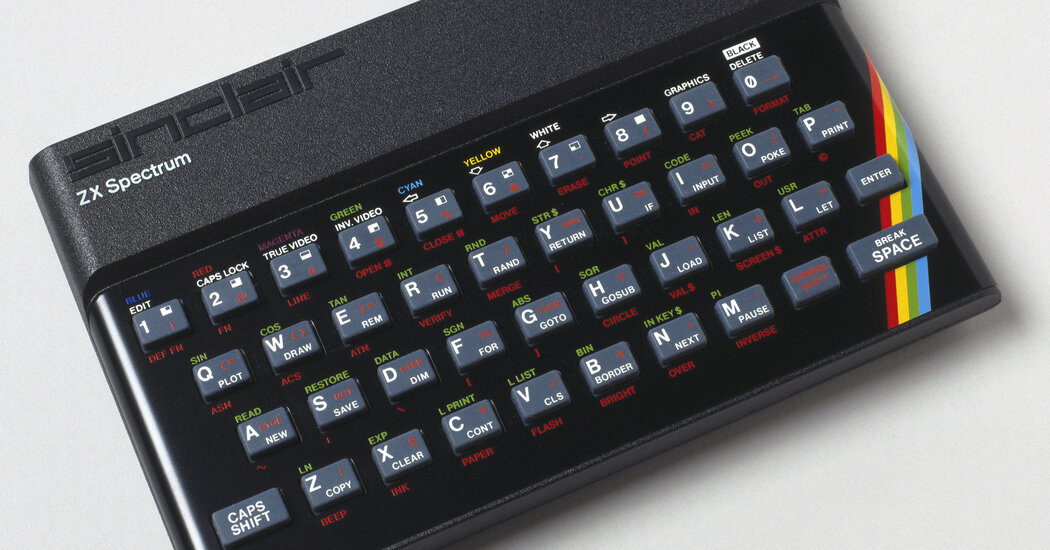In a recent article, former Google and Apple engineer, Matt Welsh, predicted that programming will become obsolete. While his prediction may seem self-serving since he now runs an A.I. start-up, it rings true. Welsh believes that coding, as we know it, will be replaced by A.I. systems that are trained rather than programmed, making software easier to access and use for everyone.
For simple applications, those programs will be generated by an A.I. system instead of being coded by hand.
While Welsh’s argument hints at the end of programming, it may actually signify the start of a new era of programming, one that is less intimidating, as it does not necessitate learning to code. A.I. could transform human-language instructions into software, making programming an intuitive activity for everyone. As Jensen Huang, CEO of Nvidia, said, “Everyone is a programmer now—you just have to say something to the computer.”
But wait, wasn’t coding supposed to be the job of the future? An essential vocational skill that would guarantee job security? It’s worth remembering that coding too has been on a path towards simplicity. Over time, programming languages have evolved from binary-based languages to more comprehensible and human-readable languages like Python and Java. A.I. systems have allowed for the final abstraction layer, one that enables users to instruct computers in the same language that they would use to communicate with another human.
So far, programmers seem to be embracing the changes. According to GitHub, 88% of programmers surveyed reported improved productivity using the platform’s A.I. coding assistant, Copilot. Similarly, Google found that A.I. reduced coding iteration time for their programmers by 6%.
While programming may no longer be a specialized career, it will continue to be a valuable intellectual exercise. Regardless, it’s apparent that A.I. is transforming the software industry, creating a future where everyone can be a programmer.














